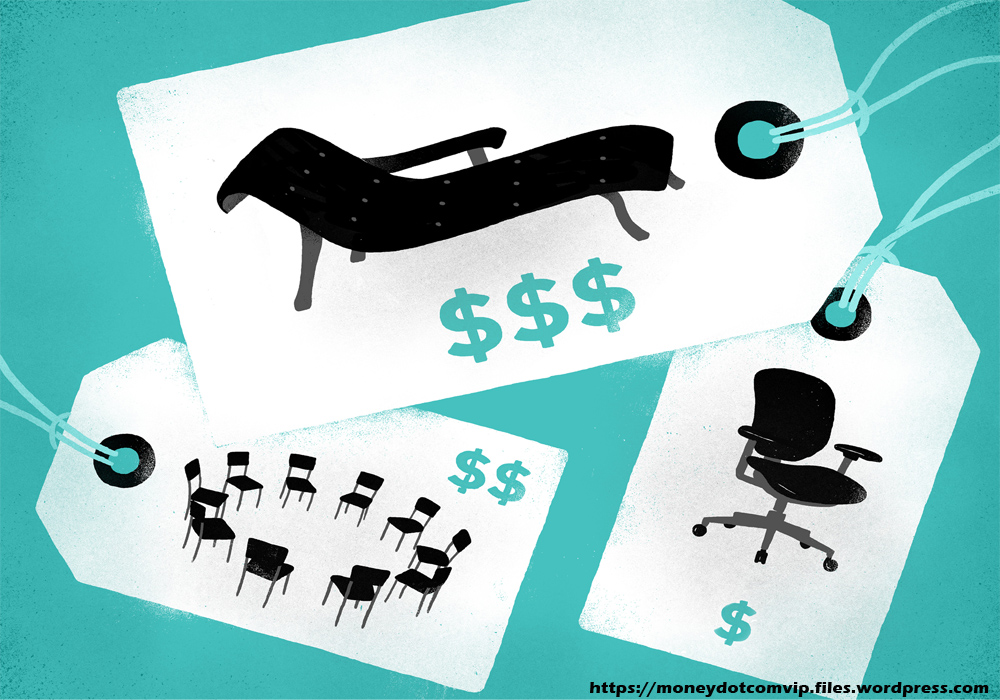
It just isn’t uncommon for two persons to be affected by the identical type of pain to perceive it differently or degrees. Your perception of and reaction to pain are invariably unique. This is because of the belief that the perception of pain doesn’t depend solely on the physical trauma or trigger which initially causes it nevertheless it depends to your greater extent about the way your brain handles or reacts to the trigger. While taking care of pain is uncontrollable (the injury or trauma), one other aspect that involves signals that the mind sends, is controllable and manageable. That is why many people can handle pain better than others.
A person’s tolerance for pain is a product of past experiences of similar pain, emotions, and stress. This proves that pain tolerance won’t come pre-packaged. This means that someone who probably has experienced an accident before may find it more difficult to take care of or tolerate pain in the subsequent similar injury because of anticipation and anxiety because these emotions amplify and aggravate the perception of pain.
It also helps to divert attention out of the pain. People who tend to concentrate on the pain usually experience more pain than others who don’t consider it excessive. This is where alternative forms of pain management come in. Pain management specialists encourage persons experiencing chronic pain and those under post-operative pain management to lower reliance on medications also to consider healthier long-term alternatives. These alternative techniques include meditation and yoga breathing exercises. Through meditation and breathing, one can shift or divert his thoughts through the pain, allowing him to leave and feel well. Listening to music can also be one of the most popular alternative remedies. Music will not only distract anybody from his pain but relaxes and soothes him and reduces his stress. Studies have shown that the reduction of stress eases pain effectively.
Accordingly, someone who would not find his experience as painful or a person who says “I’m not worried because I know things to expect” would possibly feel less pain in the subsequent similar experience since stress and anxiety could be absent. A person’s lifestyle can be a huge factor that could affect his tolerance. Studies show that persons who regularly exercise have higher amounts of pain tolerance than those who may have sedentary lifestyles. The same also cost those people who are physically fit in contrast to obese or overweight persons. Smoking and having a drink may also affect tolerance. Studies show that runners that do not smoke or drink are prepared for pain better than others who do.
In sum, someone’s tolerance depends upon his willingness and determination to get over it. A one who believes that he is designed for the anguish will, generally, succeed while an individual who thinks about nothing but this will feel outright pain.










